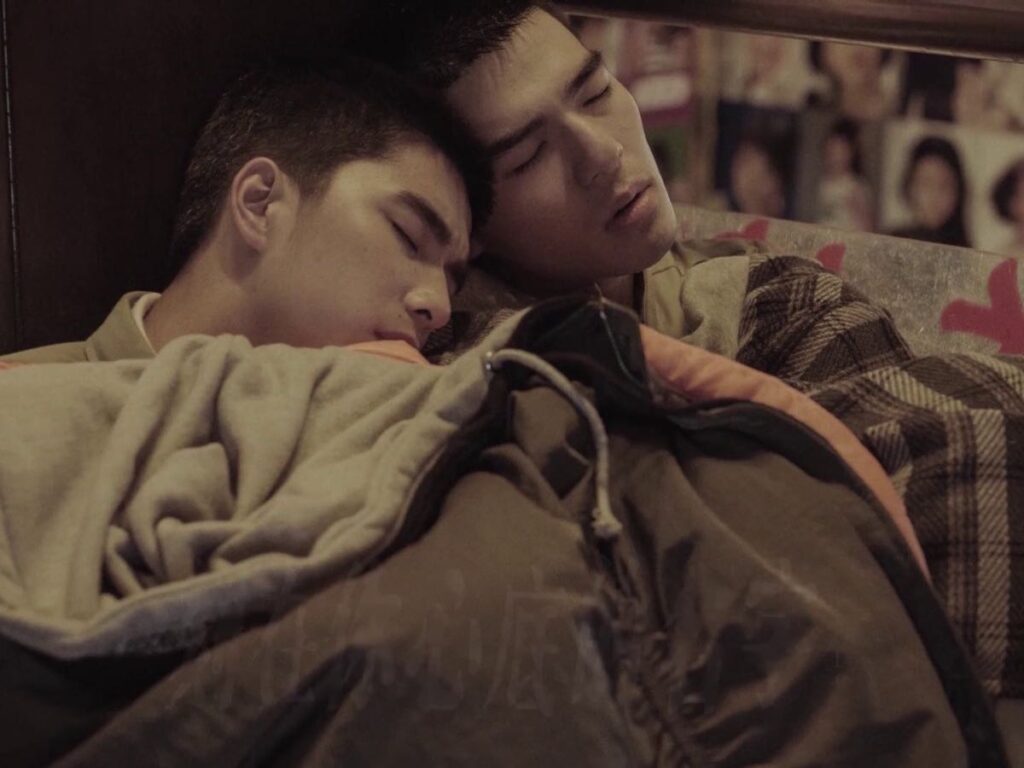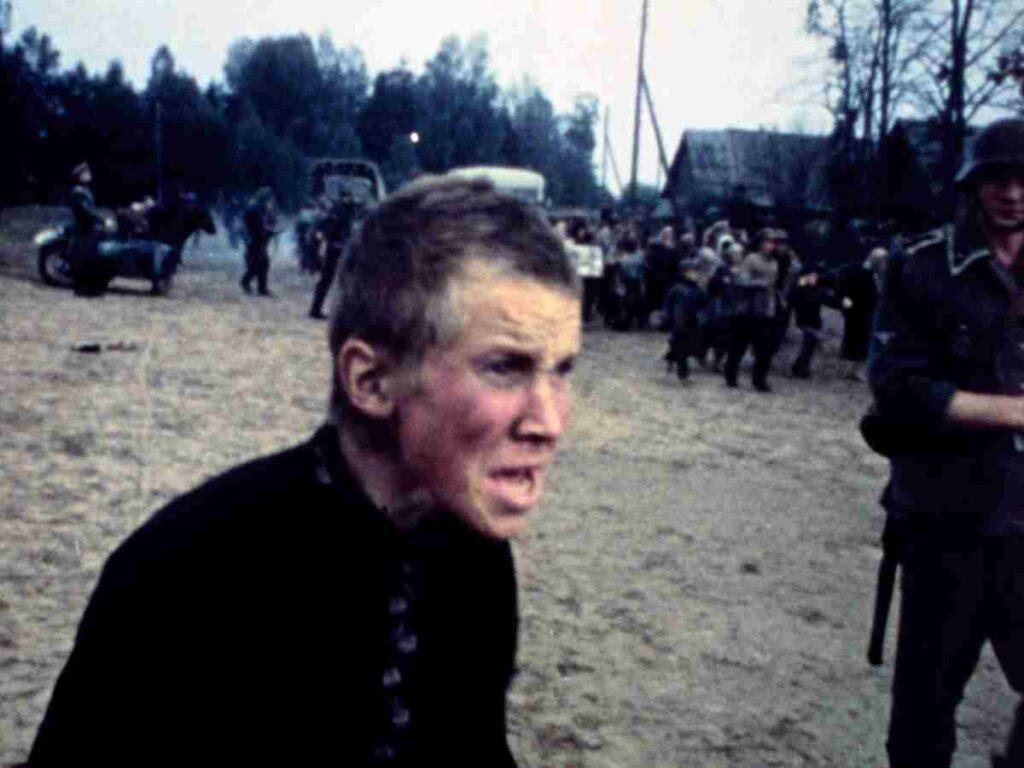With a longstanding image of liberalism within the region, Taiwan became the first country in Asia to legally recognise same-sex marriages on May 17, 2019. Who would have known that a queer Taiwanese blockbuster would come (pun intended) over a year later? Directed by Patrick Liu, Your Name Engraved Herein is a gay coming-of-age film set in 1987 Taiwan.
We are thrown back into a time where Taiwan’s political landscape was not what it looks like today. Fresh out of martial law, the country is still reeling from decades of institutionalised oppression, caught in the tumultuous tug-of-war between authoritarianism and liberalism.
With social and political upheaval as the backdrop, A-han (Chang Jia Han) meets Birdy (Wang Po Te) in an all-boys Catholic school. As their schoolmasters cling onto the vestiges of authoritarian regimes reinforced by religious doctrine, the story of their high school homosociality takes off.
The two boys make for an intriguing pair. Birdy appears to be the ‘crazy’ one, the mercurial troublemaker who is so immersed in his dream to become a filmmaker that he privileges art over life, championing ideals over reality. Constantly the anchor that grounds Birdy, A-han is the ‘normal’ one, quietly watching over and ensuring that the daredevil’s shenanigans do not go too far. Yet, A-han soon realises that he is anything but ‘normal’. In fact, his feelings for Birdy are what drives him ‘crazy’, stirring up internal turmoil.
Queer Shame And Yearning
A-han sees his queerness in the harsh reality of others. In the bloodied face of the schoolmate, whose only infraction was that he allegedly took a peek at one of his classmates’ genitals. In the activist clad in condoms, holding up a sign board that says “Marriage is a human right. Homosexuality is not a disease”— a direct reference to Chi Chia-Wei — who is swiftly hauled away by plainclothes policemen. In the older silver-haired man that tries to hook up with him at a place that appears to be a cruising spot — A-han pushes him off, yelling “We’re different. I’m not *** like you!” The presence of these Other Gays are an embodiment of queer shame, of the homophobia A-han has internalised. He is afraid of becoming like them. They exemplify the only future possible for queer Taiwanese people in the 1980s.
As much as it is about queer love and desire, the semi-autobiographical Your Name Engraved Herein is also a film about queer shame and yearning. Each moment of passion and pleasure is almost always accompanied or mired in pain, in shame, in some form of loss. The only time queer desire and physical intimacy manifests onscreen is within the confinements of a shower stall. Having injured himself, Birdy is unable to shower on his own. When the former refuses to ask for help, A-han forces his way into the cubicle. Behind locked doors, the gentle scrubbing of soap into skin gradually turns towards strokes of desire and intimacy.
Of Hope and Possibilities
Yet, even in such a moment of queer sensuality and eroticism, they can only look at each other with eyes of anguish. The only words they can muster up to each other is “I’m sorry”. They are two boys unable to articulate their desire for one another, unable to imagine a future without agony and shame. As they embrace each other under cascading streams, all they can do is weep.
It can be frustrating for the viewer to be reminded of so much homophobia, so much shame and suffering. As an interrogation on how progressive Taiwan has become, confronting its painful and traumatic history is inevitable. In spite of that, Liu’s film does not dwell too much on pessimism and prejudice. Through music and song writing, the film offers a possibility for the utterance of queer love and hope.
With vocals by Crowd Lu, the eponymous theme song Your Name Engraved Herein is a love letter that encapsulates the characters’ vulnerability and pining. When A-han reunites with Birdy thirty years later, he tells him “You can say it out loud. Can you?” It is a call to speak into existence what was once repressed and silenced. But it is not just a question to gay men like Birdy, but a broader question posed to everyone. Have we fully unlearned internalised homophobia and liberated ourselves from shame?
Conclusion
Although the film imagines an alternative timeline of queer youth, joy and hope, Your Name Engraved Herein is bogged down by its pacing and the melodrama of teenage first love and heartbreak. While I believe the film could hold its own without the song, it seems like the song does the heavylifting. Rather than cinema enriching music, the song carries the film more than it should.
Rating: 4/5
Where to watch: Netflix




